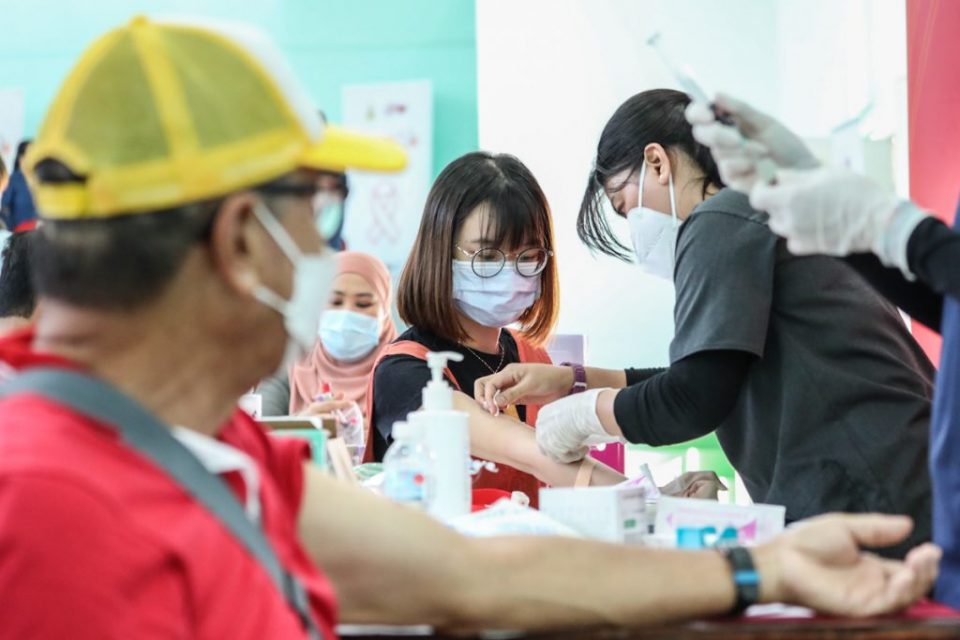KUALA LUMPUR, Nov 1 — BMI, a Fitch Solutions company, has revised its forecast for Malaysia’s health expenditure growth to 8.7 per cent per year from 2023 to 2028, up from its previous forecast of 8.3 per cent.
In a statement today, the research firm attributed the upward revision to increased healthcare allocations in the 2025 Budget, alongside rising demand for private healthcare both locally and from international medical tourists.
During the tabling of Budget 2025, Prime Minister Datuk Seri Anwar Ibrahim announced an allocation of RM45.3 billion for healthcare in 2025, representing a 10 per cent increase from RM41.2 billion in 2024.
Healthcare now receives the second-largest budgetary allocation, after education.
Of the healthcare budget, RM1.3 billion has been designated for public hospital upgrades and repairs, while RM300 million will be used to refurbish dilapidated clinics, especially in rural areas, to provide more comprehensive and efficient care.
BMI also noted that private hospitals are expected to see heightened demand through increased public-private partnerships and the phasing out of healthcare subsidies for high-income individuals.
“In the 2025 Budget, it was announced that the Health Ministry (MOH) will expand collaborations with 91 private hospitals to provide outsourced public health services, including cardiology, radiology and nephrology,” the statement said.
The MOH also confirmed plans to continue outsourcing cardiac care for government pensioners aged 65 and above via the National Heart Institute.
BMI highlighted that public hospitals are struggling with a high demand for surgeries, citing Penang General Hospital’s 850-patient waitlist for heart surgeries and Sultan Idris Shah Hospital in Selangor, which reported a 1,000-patient backlog for urgent heart surgeries as of July 2024.
BMI said the demand for care, coupled with staffing shortages, underscores the growing importance of both the public and private healthcare sectors in Malaysia.
“The public health system will increasingly come under pressure as Malaysia’s population ages and staff shortages persist.
“This will necessitate ongoing collaboration between the public and private sectors to improve efficiency and leverage the advanced capabilities and infrastructure of private hospitals, helping to improve healthcare outcomes and reduce waiting times,” BMI said.
With the government’s introduction of an offtake policy to procure pharmaceutical products and critical medical devices to support the local medical device industry, BMI said Malaysia will continue to enhance self-sufficiency in medical products by adopting policies that favour domestic production.
“Malaysia will steadily increase domestic production of medical products through supportive policies such as the New Industrial Master Plan 2030, which aims to enhance the country’s industrial sector, including the medical device industry.
“The plan will continue to focus on developing more technologically advanced products to build a sustainable and globally competitive medical device industry. This includes diagnostic products such as magnetic resonance imaging (MRI) machines and in-vitro diagnostics, as well as orthopaedic and dental implants,” the statement added.
— Bernama





